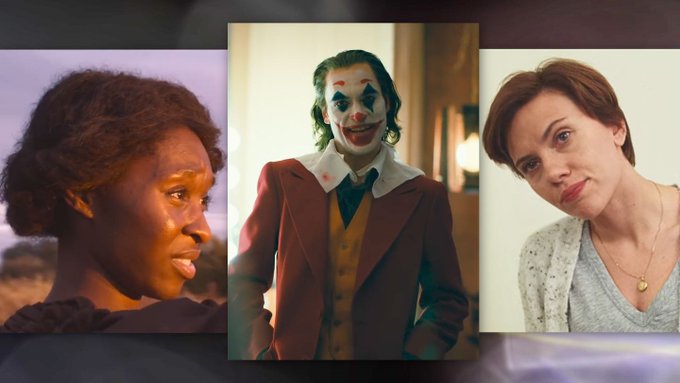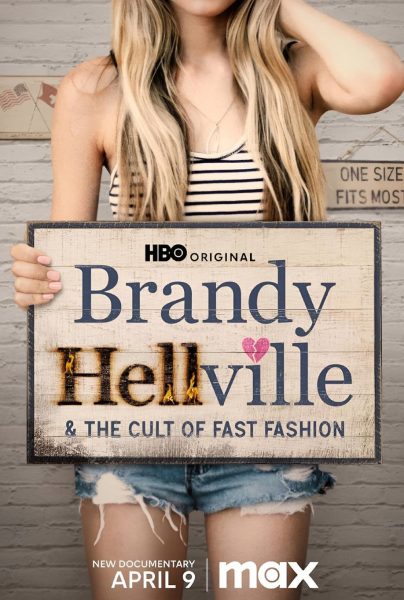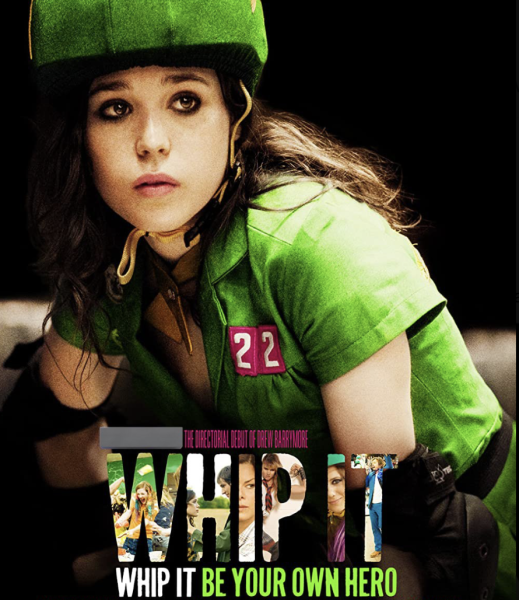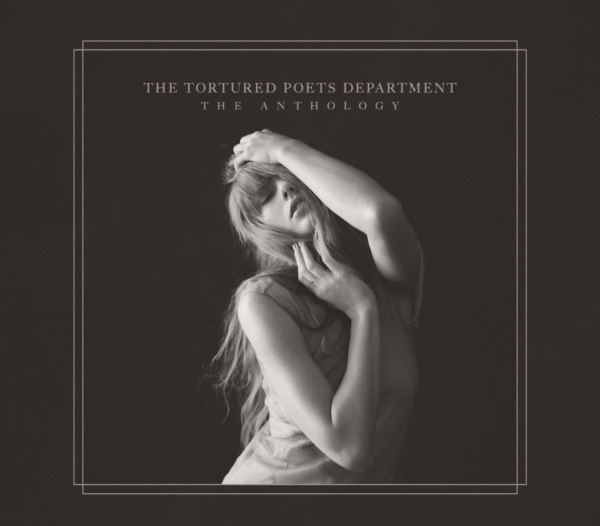Nothing’s Changed At The Academy: Oscars 2020 Predictions
The Academy of Motion Pictures Arts and Sciences announced the nominations for the 92nd annual Academy Awards on Monday, Jan. 13. “Joker,” Warner Brothers’ dark reimagining of the origins of Batman’s greatest villain, earned the most nominations, with recognition in 11 categories, including Best Picture and Best Actor for star Joaquin Phoenix. Martin Scorsese’s “The Irishman,” Quentin Tarantino’s “Once Upon a Time in Hollywood” and Sam Mendes’ “1917” earned 10 nominations each, including Best Picture. The last few nominees for Best Picture are “Little Women,” “Jojo Rabbit,” “Ford v Ferrari,” “Marriage Story” and “Parasite.”
As per usual, there was controversy surrounding the nominations. Since the announcement, the Academy has been criticized for failing to recognize female filmmakers, with the lack of a single female nominee in the directing category. Actress and filmmaker Issa Rae called attention to this while announcing the nominations alongside fellow actor John Cho by saying, “Congratulations to those men.” Film fans and casual moviegoers alike have named Greta Gerwig, director of “Little Women,” as one of the women they consider worthy of the nomination.
Theresa Amoruso, FCRH ’20, was disappointed with the snub. “I’m glad there are more opportunities for women in film, but I wish they were recognized more,” she said.
In addition, as proved by “Green Book” winning Best Picture last year, the Academy’s handling of race continues to be problematic. For her work in “Harriet,” Cynthia Erivo became the only non-white actress to be nominated in any category, despite the acclaimed performances by diverse stars such as Eddie Murphy in “Dolemite is My Name,” Lupita Nyong’o in “Us” and Jennifer Lopez in “Hustlers,” to name just a few. The recognition of Korean-language film “Parasite” and that given to its director, Bong Joon-ho, may be used as a counterargument to the accusation of racial bias, but it seems more like the exception that proves the rule. It is also worth noting that none of the film’s Asian actors were recognized.
Regarding diversity at the Oscars, film and television student Keith Bodmer, FCRH ’20, said, “I definitely think it’s lacking. Off the top of my head, Greta Gerwig and everyone from ‘The Farewell’ are notable exclusions.”
In addition to the exclusions, the movies that were nominated, even those not dealing explicitly with race, speak to the Academy’s biases. The success of “Joker” is particularly problematic. Despite its commercial and critical success, there are also more significant negative conversations around “Joker” than many of its competitors have. At the time of its release, critics and scholars raised concerns at how the film seemingly condones, or at least fails to condemn, white male violence, and cautiously noted its potential to inspire real-world violence in impressionable viewers.
The fact that the film managed to achieve so much recognition despite its issues is especially telling when one compares it to a film with a similar topic but a different racial perspective. “Queen and Slim,” which tackles the issue of police brutality towards black people in America, was released in November to critical acclaim but received no nominations. The two films have surprisingly similar plots: The protagonists of both become figureheads for revolutionary action and have violent confrontations with police. However, the protagonists of “Queen and Slim” are a black couple. It is, unfortunately, no surprise the Academy instead recognized “Joker,” given that the lead character is white.
This tendency to favor white narratives is also noticeable when one compares the success of “Joker” to that of a past contender from the same genre. “Joker” is only the second film based on a comic book to be nominated for Best Picture. The first was “Black Panther,” which competed at last year’s awards. Considered a cultural milestone for being the first major superhero film to feature a majority black cast and crew and for the way it used common sci-fi and fantasy tropes to explore issues of race relations and colonialism, it became one of the most successful films of all time. Its recognition was well deserved.
Unfortunately, the film couldn’t break through all of the Academy’s biases. In total, “Black Panther” received seven nominations. And while it won the awards for Best Costume Design, Best Original Score and Best Production Design, it was left out of categories such as directing, acting and adapted screenplay, despite the widespread acclaim given to director Ryan Coogler, the cast and the writing by Coogler and Joe Robert Cole. By comparison, the nomination of “Joker” in these categories and others highlights how the Academy is still more partial to white-centric stories and white artists.
Despite having this bias on its side, “Joker” does not seem to be a likely Best Picture winner, although Phoenix could very well go home with the Best Actor award. Ultimately, the extreme violence in the film is likely to deter some of the more faint-hearted voters. “Once Upon a Time in Hollywood” and “Parasite” may encounter the same problem. If not for the brutality on display, “Once Upon a Time in Hollywood” would seem like a natural choice for leading contender thanks to the way it celebrates the town and the movie industry.
That stance, supported by the Academy, as well as Tarantino’s status as one of the most famous auteurs in the modern industry, may still prove to be enough to override concerns about the film’s violent content and nab it the win. “1917” is stiff competition given its place in a genre the Academy loves (pre-Vietnam war movies) and the technical expertise of its production. “1917” was filmed and edited to appear as if it all takes place in a single continuous shot. The way the technique fully immerses the viewer in the wartime experience makes Mendes the frontrunner for the directing prize, but the visual mastery on display in “Parasite” gives Bong a chance as well. And, of course, one should never count out Scorsese.
While Tarantino and Mendes’ films are both deserving of recognition, the fact that a film that romanticizes old Hollywood and a war movie led a slate of mostly white, male narratives made by mostly white men shows that nothing has really changed at the Academy.
Turning to the individual side of things, Adam Driver’s work in “Marriage Story” makes him Phoenix’s toughest competition in the Best Actor race, but the award is most likely still going to the latter. Driver’s co-star Scarlett Johansson achieved the rare honor of being nominated in both the lead and supporting categories for her work in “Marriage Story” and “Jojo Rabbit,” respectively, and the former is likely to get her a win, though Renée Zellweger’s Golden Globe victory for “Judy” sets her up for a potential upset.
The supporting categories are a bit more open, though Laura Dern, also of “Marriage Story,” seems to be the safe actress choice, while Brad Pitt and Joe Pesci have the most momentum among the supporting actors for their appearances in “Once Upon a Time in Hollywood” and “The Irishman,” respectively.











